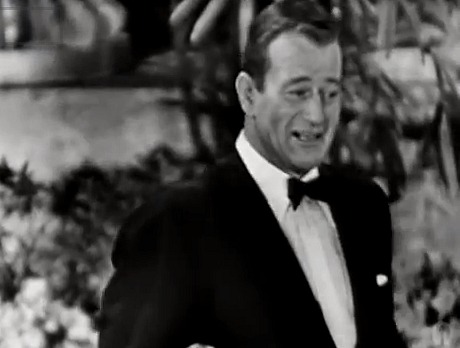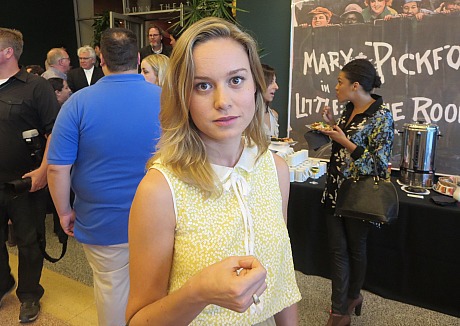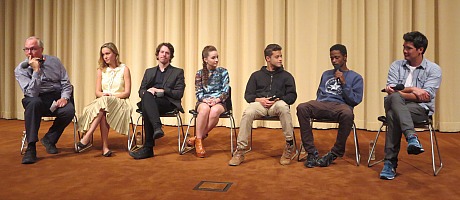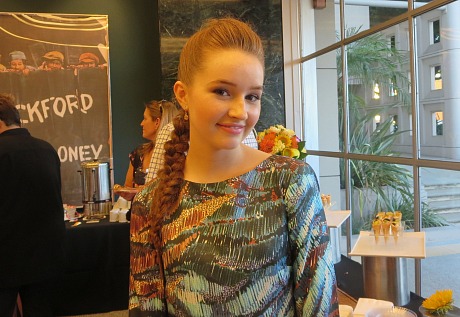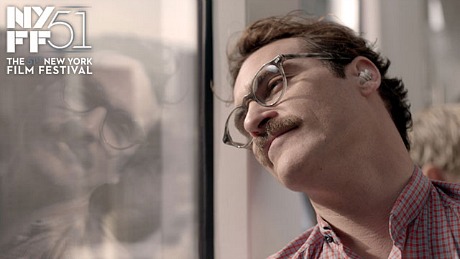An Oscar play for Judi Dench in which she gets to play spirited, spunky, scrappy. A battle of wits and personality between Dench’s character and the author-journalist played by Steve Coogan (the latter having produced and co-written the script with Jeff Pope). A mother-son “heart” movie from Stephen Frears (The Queen), but with the son, an AIDS-afflicted gay Republican named Michael Hess, missing in the trailer (except in flashbacks, as a small child). Nor is Hess listed as a character on the film’s Wiki page. Is the adult Hess some kind of ghostly phantom in the narrative?

